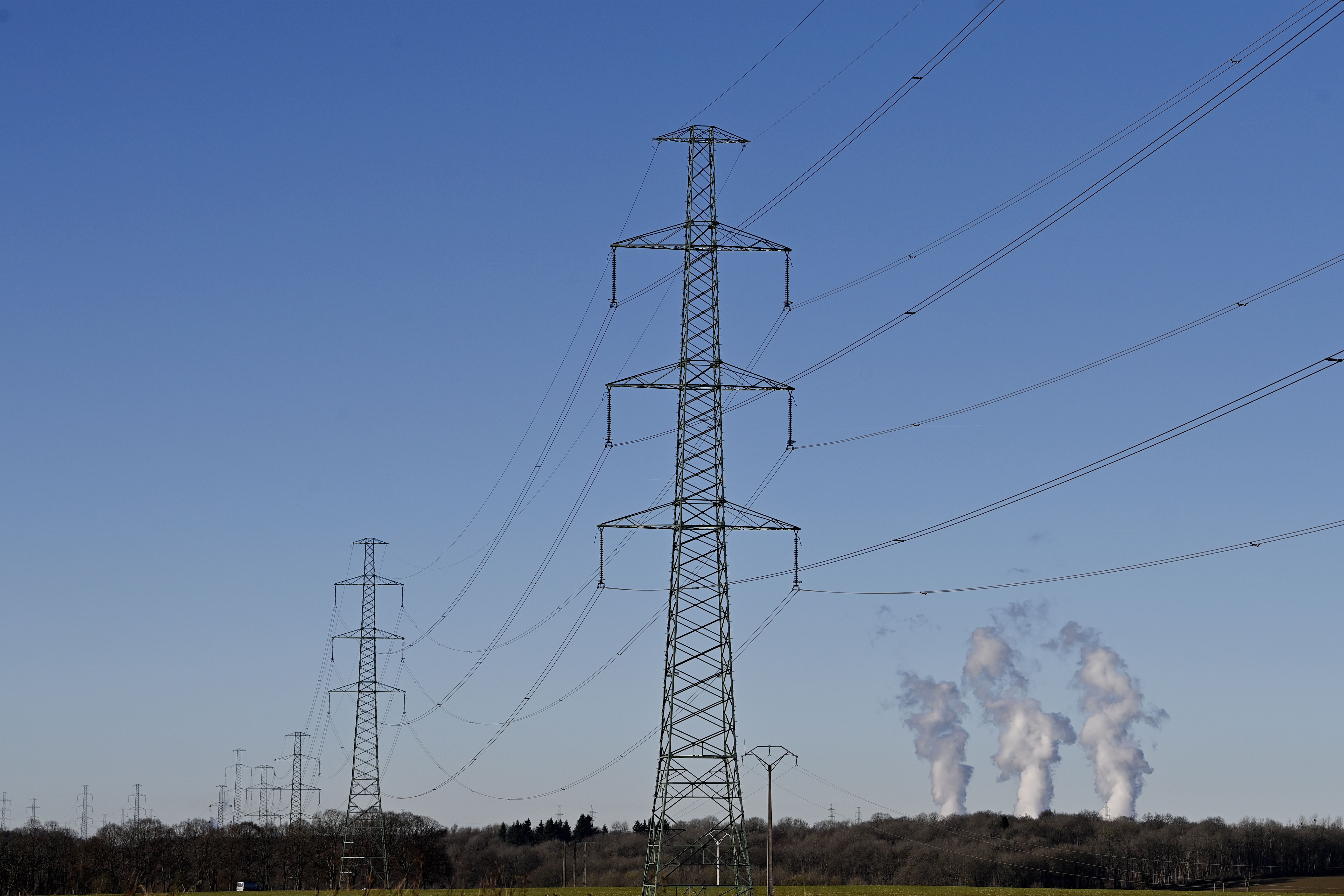Belgian nuclear exit: Engie proposal provokes dismay among environmental organisations

Engie is asking the Belgian federal government to co-invest in the expansion of the nuclear power plants Doel 4 and Tihange 3. The energy company also wants the government to help pay for the disposal of additional nuclear waste. Environmental organisations are not impressed by the proposal.
Last Tuesday, Engie top woman Catherine MacGregor stated in a letter to Belgian prime minister Alexander De Croo (Open VLD) that the demolition of the five oldest nuclear reactors and the extra investments in Doel 4 and Tihange 3 involve too high financial risks. According to her, it is not certain that electricity prices will remain as high as they are today, making the revenues from the expanded power plants uncertain. That is why Engie wants to share the risk.
The energy company is asking the federal government not only to contribute to the costs of the life extension, but also to co-manage the two remaining nuclear reactors. This means that the government can enjoy any profits, but will also share in any losses. Moreover, as co-owner, the government will have to pay part of the disposal of the extra nuclear waste.
Prime minister De Croo does not want to comment on the proposal for the time being.
"Our focus is on extending the Doel 4 and Tihange 3 nuclear power plants by ten years. At the same time, the government is also stepping up investments in renewable energy and in research into new modular nuclear reactors, so that our country becomes much more independent in terms of energy."
N-VA MP and energy specialist Bert Wollants, meanwhile, regrets that negotiations between the government and Engie are at an impasse.
"It is June and we are still at the same point. I have the feeling that the Greens have played it so well in recent months that even the prime minister believed that they really wanted to give the nuclear power plants a chance. And now the whole government is making a fool of itself."
"While people all over the world are striving for energy independence, the De Croo government is condemning us to extremely expensive natural gas through its procrastination. The government parties that have allowed this to happen bear a crushing responsibility," Wollants said.
The environmental organisations are also not impressed by the latest state of affairs.
"Making citizens pay for the skyrocketing costs of nuclear power plant life extensions goes too far," said Bond Beter Leefmilieu (BBL), Greenpeace and Inter-Environnement - Wallonie (IEW) in a press release on Thursday. "What does the Belgian get back for these sky-high costs? Nuclear power expansion does not contribute to security of supply or lower energy prices," it sounds.
BBL, Greenpeace and IEW do not want the federal government to "sign a blank cheque at the citizens' expense". The government must ensure that "renewable energy, energy storage and demand management are given every opportunity in the next capacity auction this autumn". They are also asking for a cost estimate of the full life extension and the various disposal options.
In 2003, the then federal government decided to close all nuclear power plants in Belgium by 2025. In the years that followed, the nuclear exit caused a lot of commotion, but no clarity was given. In 2022, following the Russian invasion of Ukraine, the De Croo government again discussed extending the nuclear phase-out. On 1 April 2022, it was announced that the closure of Doel 4 and Tihange 3 would be postponed by ten years. Now Engie is suggesting the governement should pay the price.
(AHU)
© BELGA PHOTO ERIC LALMAND